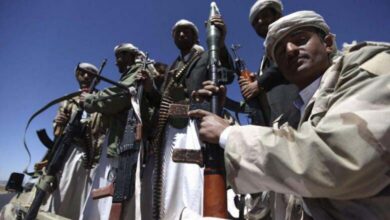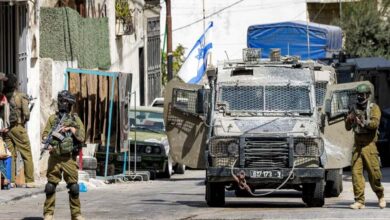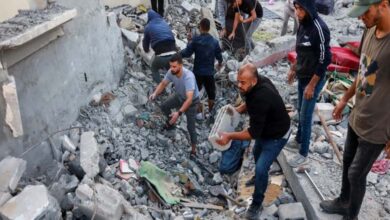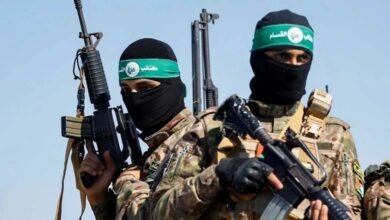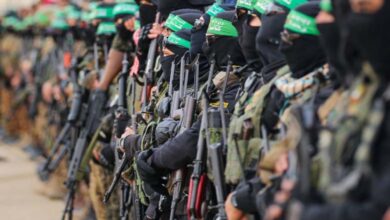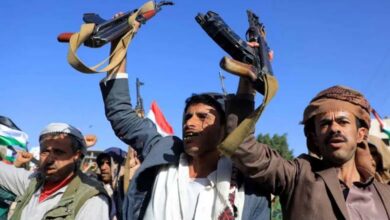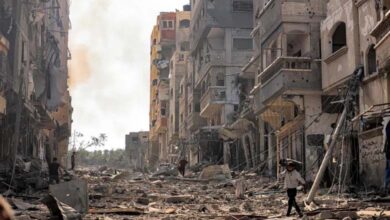Al Sudani’s Government Presents Iran With Opportunity to Consolidate Iraq Hegemony
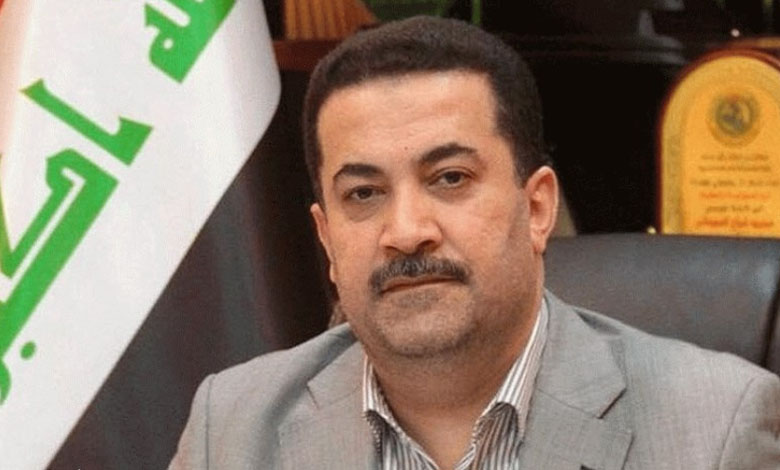
Prime Minister Mohammed Shia’ Al Sudani met Sunday with the Iranian ambassador to Iraq, Mohammed Kazim Al-Sadeq, to discuss the role played by Iran in the Iraqi arena, amidst expectations that the new government, supported by Tehran’s allies, will be a tool in the hands of the Iranians to achieve their interests.
The Iranian leadership, according to the Iranian ambassador congratulated Al Sudani, on the occasion of assuming his duties and winning the confidence of the Assembly of Representatives.
The meeting reviewed bilateral relations between the two neighboring countries and means of enhancing them and developing mutual cooperation in various fields and fields, an Iraqi government statement said.
During the meeting, the Prime Minister expressed his condemnation of the recent terrorist attack in the city of Shiraz, affirming the solidarity of the Iraqi government and people with the victims and “stressing the importance of partnership and bilateral work between Iraq and Iran in order to promote sustainable development for the benefit of the two friendly peoples, and to work to establish stability for all the peoples of the region.”
Observers believe that the new Iraqi government, which is subject to the quota system, will not be outside the circle of Iranian hegemony, especially since its main supporters are among the most loyal political forces to Iran, especially the coordination framework.
Iran has stood firmly by the framework in its conflict with the Sadrist movement, which has indicated several times that it rejects Iraq’s submission to Western or Eastern hegemony, in a reference to the Iranian authorities.
Al-Sadr movement leader Moqtada al-Sadr has said several times that he wants to form a national government that is neither western nor eastern, in what seems to be a clear message that Iranian support for some political forces is the cause of the crisis in the country.
However, Iran sent strong messages to the Sadrist movement in the midst of the conflict with the framework, saying that there is no room for dividing the Shiite political forces. It warned Al-Sadr that it wants a unified Shia, and that it does not want Arab Shiites and other loyal Shiites. He also said that he must accept dialog with the coordination framework and its leaders, and forget his old differences with former Prime Minister Nouri Al-Maliki.
Iran thinks only of its own interests and the pressure that resulted in the formation of Al Sudani government will ultimately favor its absolute domination.
The new government and its president are aware of this equation, and therefore will not enter into any tensions or differences with the Iranian government at all, because any disagreement in this direction will ultimately lead to a withdrawal of confidence.
Observers believe that Iraq will in the future be a completely open arena for Iranian domination. National figures and activists who reject this interference will be further restricted, after the former government of Mustafa Al-Kadhimi sought to achieve a balance by confronting some militias and calling for their dissolution or withdrawal of their weapons, despite their failure in this task due to the size of Iranian intervention.
Despite the efforts made by many figures and national forces to remove Iraq from the circle of Iranian hegemony by organizing peaceful demonstrations that brought down the pro-Tehran government of Adil Abd Al-Mahdi, history seems to be repeating itself through a stronger return of Iranian hegemony through the Al Sudani government.
On Thursday, the Iraqi parliament gave confidence to Al Sudani prime minister and his team, who must now face numerous political and economic challenges.
According to the parliament’s media department, 253 members of parliament participated in the session, which was followed by a vote of half plus one of 329 deputies, on the ministerial program. The vote followed by 21 ministers who raised their hands inside the parliament hall in the capital.
The new cabinet consists of 12 Shiite ministers, the majority of whom are nominated by the Coordination Framework, six Sunni ministers, two Kurdish ministers, and one minister for minorities. Two of the Kurdish component’s ministries are still under negotiation and have not been completed. Three women hold positions in the new Government.
The 52-year-old Al Sudani replaces Mustafa al-Kadhimi, who assumed the premiership in May 2020.


